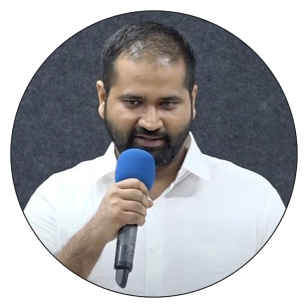GSFP 2026
ForumIAS General
Studies Foundation Program
“Your One Stop Solution to Make Your First Attempt Your Best
Attempt!”
GSFP 2026 is a pre-cum-mains foundation program designed for students preparing for the UPSC Civil Services Examination 2026. Recognized as one of the best coaching for UPSC, GSFP 2026 offers a structured and comprehensive GS foundation course for UPSC, covering the entire prelims syllabus (both GS and CSAT) and an in-depth preparation for GS Paper 1, GS Paper 2, GS Paper 3, GS Paper 4, and Essay for the mains examination.
This UPSC exam preparation program is a classroom-based mentor-led prelims-cum-mains guidance program, providing a 360-degree preparation roadmap for UPSC Civil Services Examination. It also includes value addition through current affairs classes, ensuring that aspirants stay updated with dynamic portions of the syllabus.
For those looking for UPSC coaching, GSFP 2026 is structured to build both quantitative and qualitative capacity, allowing aspirants to maximize their potential and achieve selection in their first attempt. Additionally, for students who prefer flexible learning options, we also offer UPSC online coaching and IAS online coaching, making high-quality preparation accessible to all.


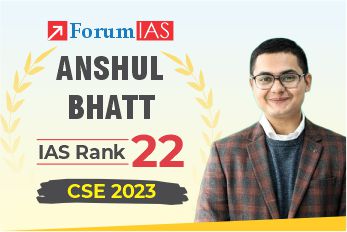
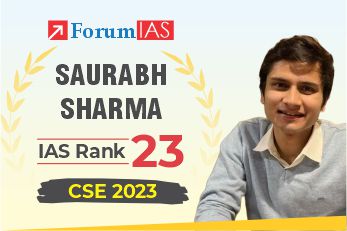
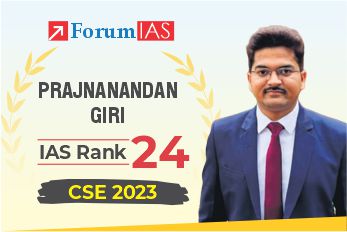
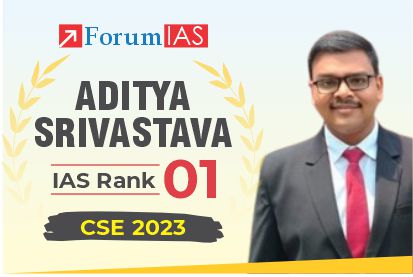
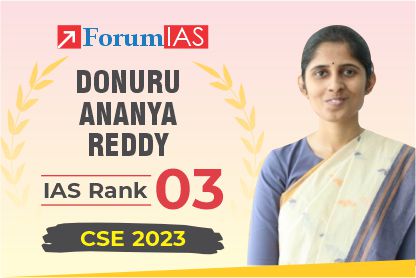
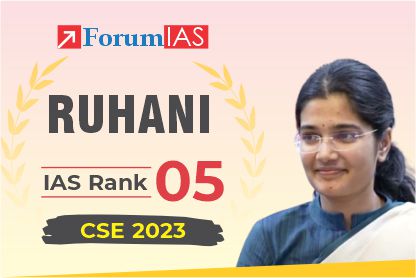
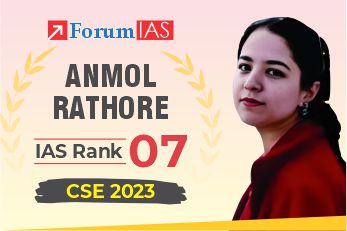
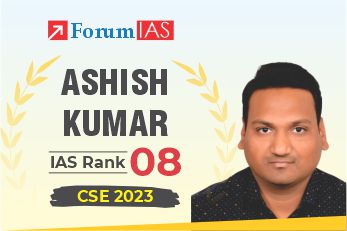
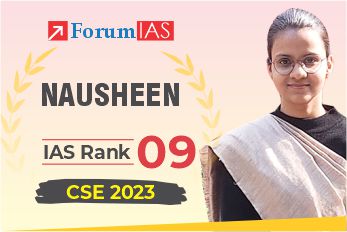
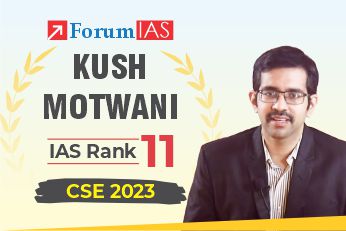
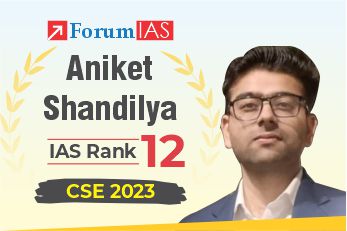
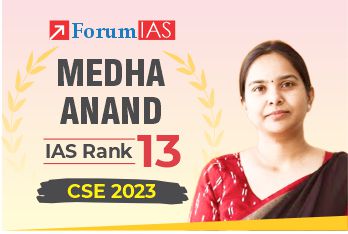
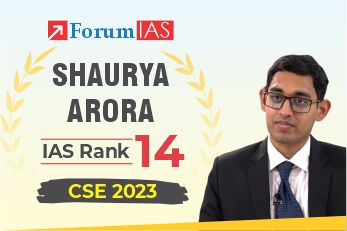
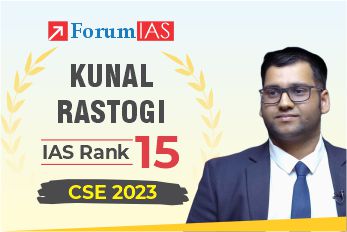
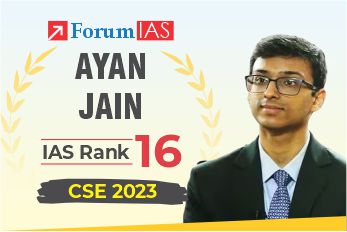
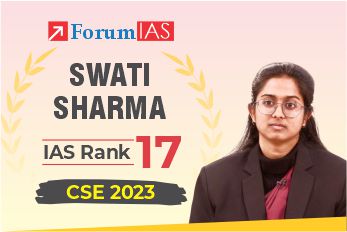

.png)
.png)
.png)
.png)
.png)
.png)
.png)
.png)
.png)

.png)
.png)
.png)








.png)
